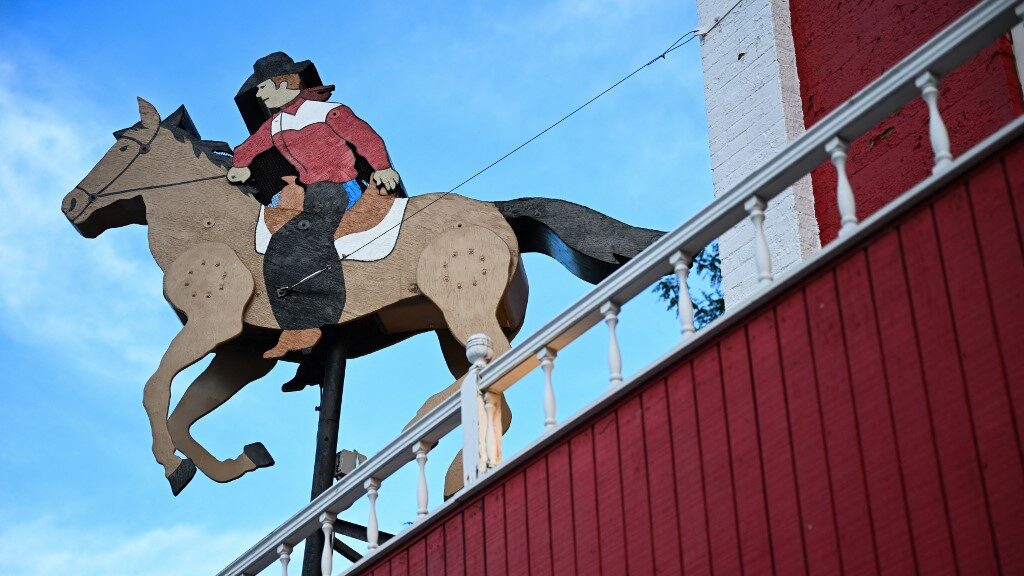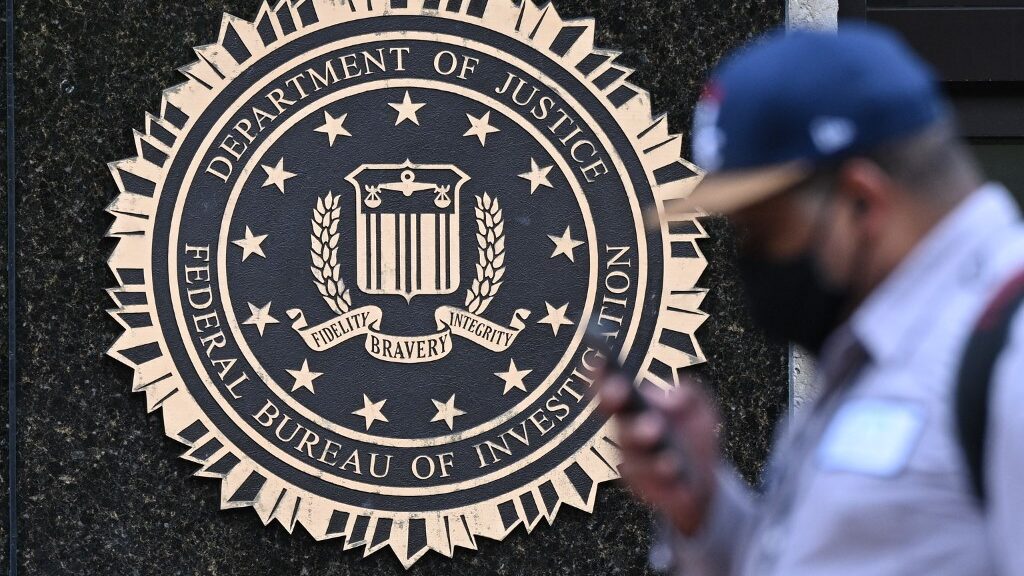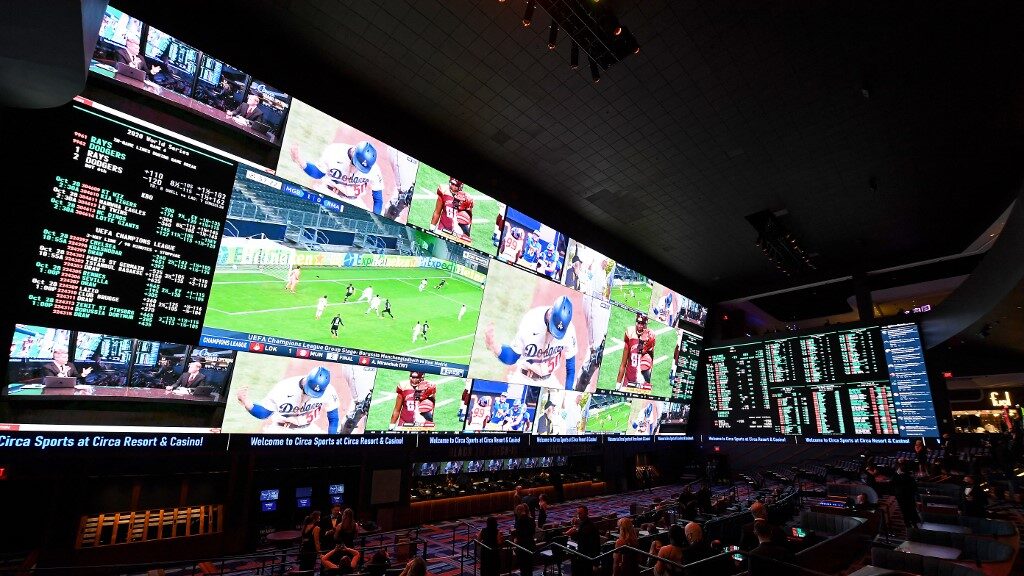
Out of the blue, Wyoming is giving online casinos the green light in 2024. Representative Robert Davis introduced House Bill 120 to make iGaming legal and well-regulated in the state.
Explore the crucial aspects of this legislation and examine the potential implications for the online sportsbooks industry once legalized.
Wyoming’s Gaming Evolution
Davis collaborated with the Wyoming Gaming Commission after attending a gaming conference last summer. His goal? Shielding Wyoming residents from illegal gambling and offshore platforms.
Gaming became legal in Wyoming in 2021 when Governor Mark Gordon signed House Bill 133, legalizing sports betting. Progress toward legalizing all forms of gambling continues with the introduction of House Bill 120. If passed, this bill would empower the state’s Gaming Commission to issue gambling licenses to up to five interactive gaming operators.
According to the US Census Bureau, nearly 80% of Wyoming’s residents are legally allowed to place sports bets. HB133 lists a legal gambling age of 18 or older. If enacted, HB120 requires the same.
What the Wyoming Online Casino Bill Calls For
Let’s break down the Wyoming online casino bill in simpler terms:
- Interactive Games: These are internet-based versions of popular casino games like poker, blackjack and slots.
- Regulation: The Wyoming Gaming Commission will oversee and regulate these online games.
- Permits: As previously mentioned, the commission will issue at least five permits for operators to run online casinos. However, there’s no limit on how many casino apps can exist.
- Age Requirement: Players must be at least 18 years old to participate in online casino games.
- Fees: Operators pay an initial fee of $100,000 for a permit, renewable every five years for $50,000. Vendors pay $10,000 initially, renewable every five years for $5,000.
- Live Dealers: While live dealers are allowed, there’s no requirement for them to be physically located in Wyoming.
- Multistate Agreements: Wyoming can partner with other states for interactive gaming, especially important for poker. Wyoming has a small population (around 580,000), making this collaboration key.
- Taxation: Online casino revenue will be taxed at 10%.
- Health Programs: The bill allocates $300,000 annually to the health department for county programs addressing problem gambling. The rest of the revenue goes to the general fund.
So, you can see, the 26-page long bill is well thought out.
Wyoming Joins Growing List of States Hoping to Launch iGaming
Wyoming now joins five other states with similar legislation.
Hawaii is also making waves in the gambling landscape with Senator Ronald D. Kouchi’s introduction of Senate Bill 3376. This bill aims to establish a Gaming Control Commission and pave the way for sports betting and online poker operations.
In Illinois, lawmakers introduced House Bill 2239 to authorize operators to launch iGaming platforms in the state once licensed. The license fee is set at $250,000, with an annual renewal fee of $100,000. Each operator will be allowed to operate up to three skins.
Meanwhile, in Maryland, Senator Ron Watson sponsored Senate Bill 603, which proposes a referendum for residents to decide the fate of iGaming in the state.
In New York, significant efforts are underway, although Governor Kathy Hochul faces budgetary constraints hindering the establishment of new operations.
So, if Wyoming is the first domino to fall, there may be other states to follow.

















